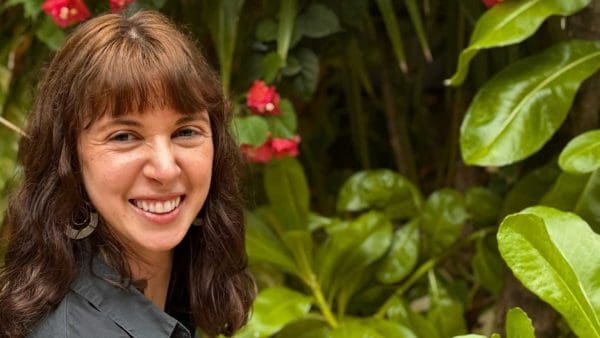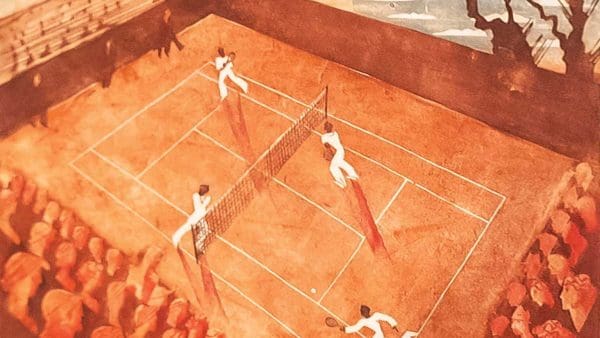How do socioeconomic conditions affect life expectancy? Do people in countries with nationalized medicine live longer? How does happiness affect one’s lifespan? Does aid provided to developing nations really help in lengthening people’s lives?
These were some of the questions Omar Haque set out to explore as part of his Woodrow Wilson Fellowship project. The senior pre-med student has spent much of the past year studying the effect of economic forces on human life expectancy by traveling throughout England, France, South Africa, and Greece. Later this year, he plans to visit Japan and Singapore.
“I wanted to see if there were socioeconomic reasons why people live longer, so I chose countries that ran the spectrum of the health care system—from European countries with socialized medicine to South Africa, which has a large income disparity,” he says.
Haque says that while it’s long been apparent that people in the richest countries live longer than those in the poorest countries, that’s not due to the amount of money spent on health care. For instance, he notes, life expectancy is higher in Great Britain and France than it is in the United States, even though the U.S. spends the most money on health care in the world.
Being a pre-med student, Haque wanted to visit the countries he was researching in order to observe their health care systems firsthand. As part of his qualitative study, in each country Haque familiarized himself with the economics of health care delivery—how doctors get paid, how medical funds are allocated, and how health insurance practices are carried out—while also interviewing college professors, students, and other locals about their country’s economies and health care systems.
While studying the economics of global health care at Oxford University, Haque found that doctors in the U.K. usually work for a salary, versus the fee-for-service system used in the United States. There are advantages and disadvantages to both systems, Haque notes: long waiting lists to see doctors in Britain, who tend to request far fewer tests than their colleagues in the United States, where physicians get paid according to the number of tests they conduct.
“The theory behind fee-for-service in the U.S. is that you’ll conduct a lot of tests to cover all your bases and the patient will get better. But the problem with that theory is that it doesn’t affect life expectancy,” says Haque, referring to work done under Maria Alva Chiola of Oxford’s Health Economic Research Center, with whom he studied. “More lives are lost because of lack of access to health care than [because of] a test that isn’t conducted,” he says.
Haque also delved into the work of National Geographic writer Dan Buettner, who has identified “Blue Zones” around the world—places that have the greatest life expectancy and where more people reach age 100 than anywhere else. Haque learned that access to expensive medical treatments had little to do with extended life expectancy. Instead, he says, living longer has more to do with family ties, a strong belief in something, living your life with a purpose, and a healthy amount of exercise. “These are not normally things you associate with living long; you associate them with being happy,” he says. “But the two are very closely linked.”
When he traveled to South Africa, Haque saw firsthand how violence, a lack of doctors, and high rates of HIV contribute to the country’s average life expectancy of 49.3, according to United Nations data. And he learned that despite years of foreign aid to help combat HIV, the disease is still spreading.
In South Africa, Haque conducted a series of conversations with Ruthira Naraidoo, a professor in the Department of Economics at the University of Pretoria.
Both she and Haque advocate establishing micro-level, community-based health programs where economic and cultural subtleties can be addressed. “We need to leave our desks and gather information on how these places work,” he says. “Only by being there can you learn how to help.”
Haque hopes to earn a medical degree from Hopkins and possibly work for a global health organization, like Doctors Without Borders or the World Health Organization.
“I want to make a difference in people’s lives,” he says. “I want to improve health care in the U.S. and around the world.”




